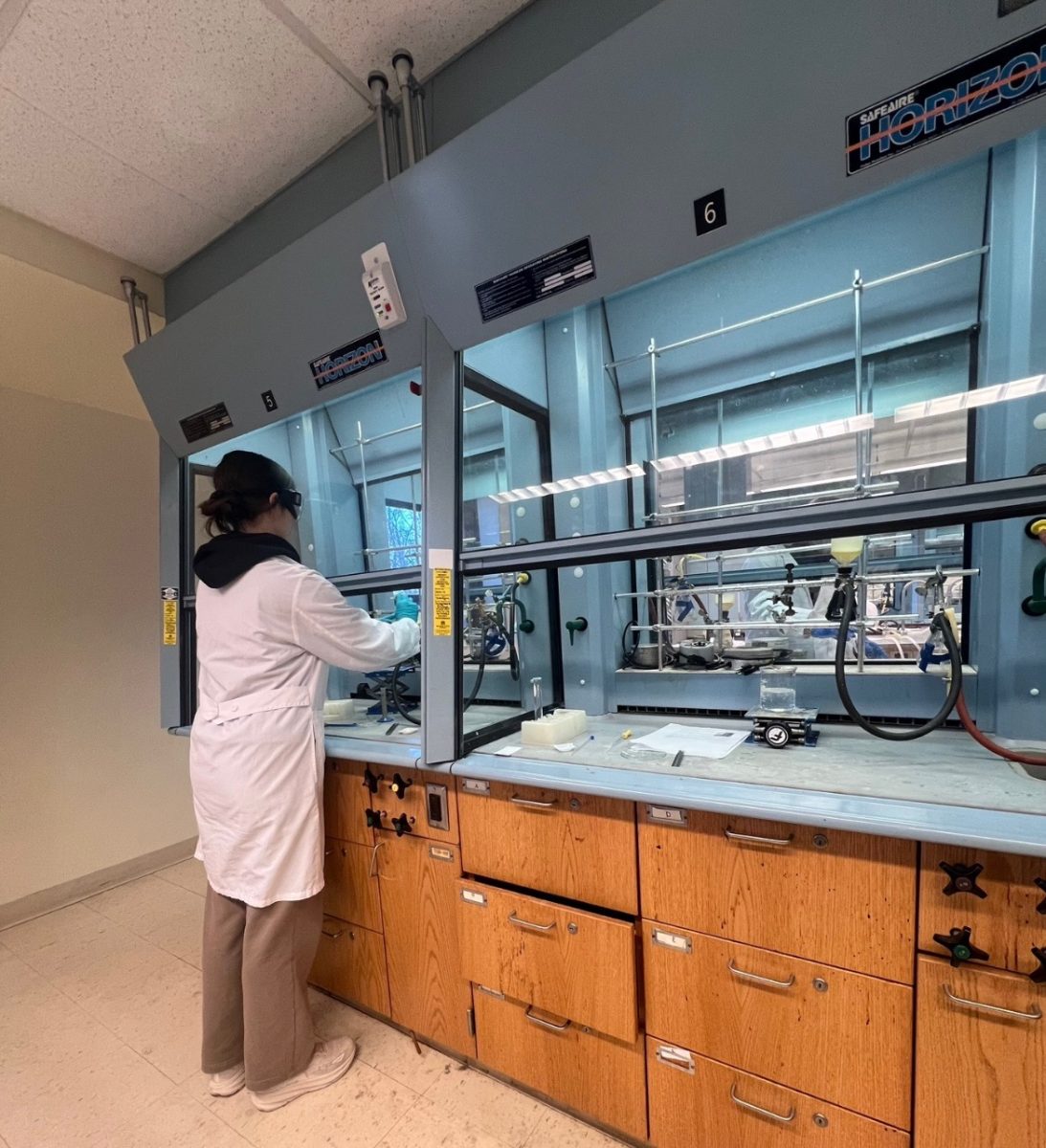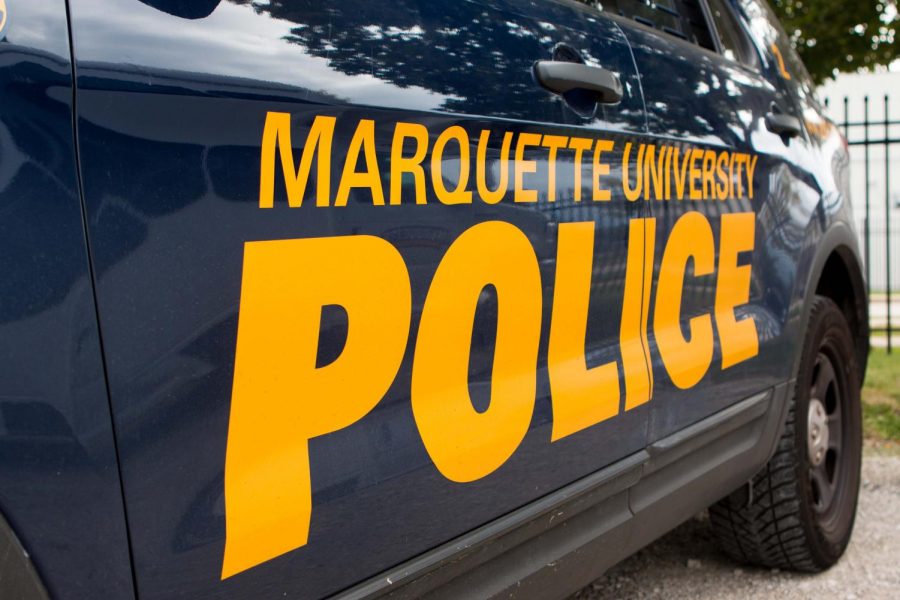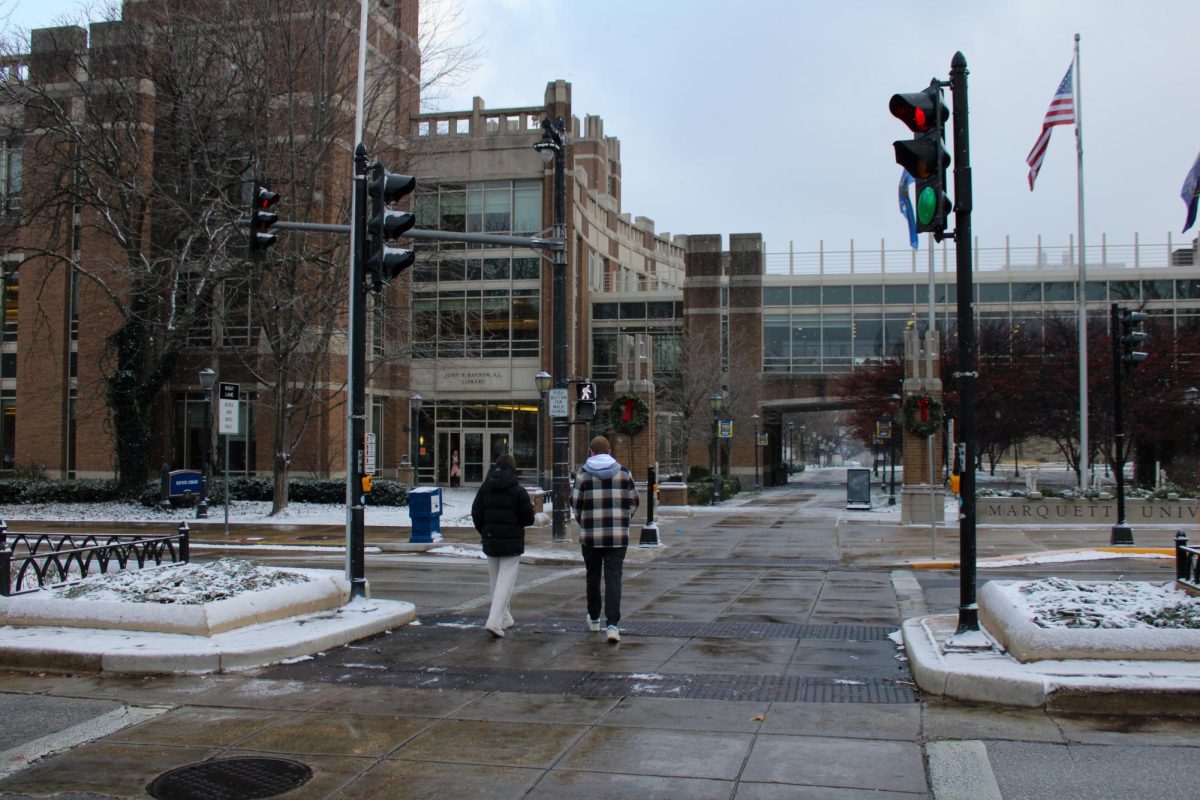Profits and returns are the measurement of any successful entrepreneur. But in the growing field of social entrepreneurship, furthering society and creating social capital takes priority over any financial considerations.
Social entrepreneurship means solving problems through systemic change and a solid business model, said Jeff Snell, special adviser to the president at Marquette. Akin to business entrepreneurship, social entrepreneurs recognize a social problem and try to solve it by creating a new venture and model that addresses the issue, he said.
Marquette was recently ranked as the 10th best “Changemaker Campus” by Ashoka: Innovators for the Public, an international association of social entrepreneurs.
Launched in 2008, the “Changemaker Campus” title is given to schools that exhibit leadership and innovation in social entrepreneurship, said Beeta Ansari, a program associate at Ashoka.
Each school is selected through a competitive application process. Ashoka provides each campus with support, such as access to the group’s network of social entrepreneurs, according to its website.
The other nine universities are: Arizona State University, Babson College, College of the Atlantic, Duke University, George Mason University, The New School, Tulane University, the University of Colorado at Boulder and the University of Maryland.
Ansari said Marquette’s continued excellence in social entrepreneurship grabbed Ashoka’s attention.
“Marquette University was selected based on its vision for a future in which the values of excellence, faith, leadership and service produce leading social entrepreneurs and innovators for the public,” Ansari said.
Snell said Marquette is naturally invested in social entrepreneurship.
“It’s our mission and identity to help others,” Snell said. “In many ways, it’s putting new nomenclature to a growing field in which Marquette is already making strides in.”
Marquette is the only Jesuit university to be named a “Changemaker Campus,” as well as the only Midwest-based school.
“Marquette’s Jesuit, Catholic identity and mission are huge strengths in social entrepreneurship,” Ansari said. “Marquette is uniquely positioned to catalyze and connect the Midwestern ethos of tackling tough problems through hard work to the principles of good social entrepreneurship.”
Snell said the title only strengthens Marquette’s interest in social entrepreneurship.
“We’ve got added responsibility,” Snell said. “We need to be wise and strategic in how we explore a fit for social entrepreneurship at Marquette. Other institutions are watching and learning from us, and we couldn’t be more excited.”
To further strengthen ties with the social entrepreneurship world, Marquette will host social entrepreneur Rajiv Vinnakota for five days in November. He will give a presentation and take part in dialogues aimed at strengthening Marquette’s commitment to social entrepreneurship.
Vinnakota got his start in the field when he started the SEED Foundation in 1998. The SEED Foundation is focused on bringing educational resources to underprivileged children.
The foundation has built two boarding schools, in Washington, D.C. and Maryland for children who come from difficult circumstances, Vinnakota said.
Vinnakota has strong ties with the Marquette community — his father, Sriramulu, has taught engineering courses here for more than 20 years. When presented with the opportunity to come to Marquette as a social entrepreneurship advocate, he said he couldn’t wait.
“Marquette does wonderful things, and I love the school,” Vinnakota said. “My being here as an advocate, and the planned discussions, will be a great way to use resources to further entrench Marquette as a leader in social entrepreneurship.”




